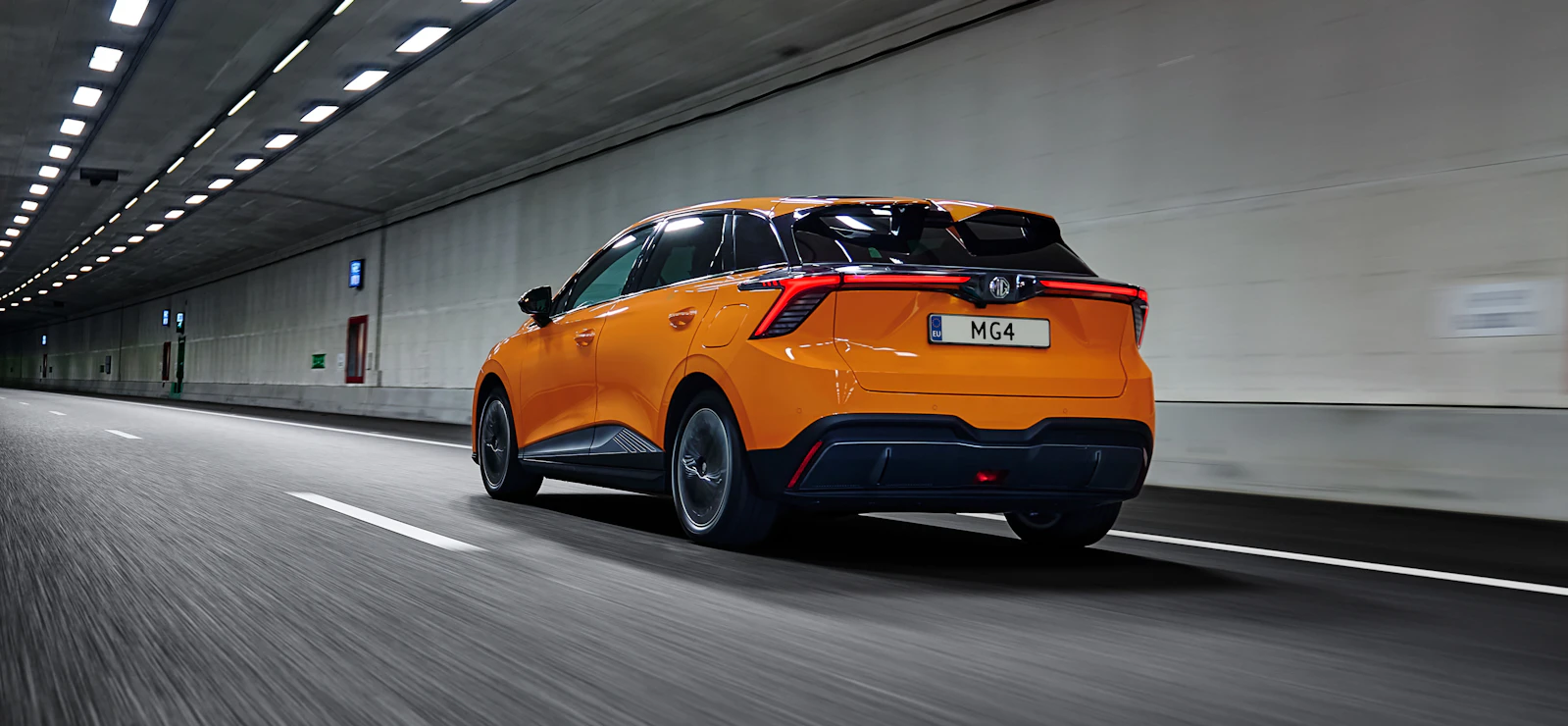The Uptick in EV Sales
April 2024 marked a notable increase in the adoption of plug-in electric vehicles (EVs) in France, with market shares hitting 24.3%, a leap from 21.1% the same time last year. While the market for full electric vehicles (BEVs) soared with sales up by 45%, plug-in hybrids (PHEVs) held steady, neither growing nor diminishing in volume. Despite the overall auto market boosting to 146,979 units, showing an 11% rise year-over-year (YoY), it still trails behind the numbers seen during the pre-pandemic seasonal norms, which hovered around 185,000. Topping the charts once again as the best-selling full electric vehicle was the Peugeot e-208.
Breakdown of EV Market Share
Diving deeper into April’s EV market data, BEVs accounted for a 16.9% share while PHEVs captured 7.4%. These figures reflect considerable growth for BEVs from the previous year’s 12.9% and a slight decline for PHEVs from 8.2%. The BEV category witnessed a significant volume rise to 24,884 units from just 17,112 units the year prior, massively outperforming the rest of the automotive sector. This uptick can largely be attributed to the period’s additional selling days due to the Easter holiday schedule.
Throughout the year, the volume of BEVs has grown by 28% compared to last year’s figures, bolstered by a successful social leasing scheme funded by the government, which unexpectedly generated double the projected volume with a total of 50,000 leases. Although this leasing campaign was wrapped up in mid-February, the ongoing deliveries from those leases helped propel April’s improvements.
Adjusting Incentives and Their Impact
Recent adjustments in policy, such as the March 15th cut-off of eco-bonus incentives for BEVs manufactured outside Europe, have affected sales volumes of once-popular models significantly, with the Tesla Model 3, Dacia Spring, Kia Niro, and MG4 among others facing a decline in France. Additionally, hybrid electric vehicles (HEVs) and mild hybrids have seen growth at the expense of traditional combustion engine vehicles, with diesel’s market share dropping to 7.7%, a reduction from 10.5% the previous year.
Leading BEVs and Market Dynamics
We observed that the Peugeot e-208 retained its position as the monthly best-seller in the BEV category with 3,185 units registered. Close behind were its larger counterpart, the Peugeot e-2008, and the Renault Twingo, occupying the second and third spots, respectively. However, the reshuffle of the ranking due to policy changes caused popular models like Tesla Model 3, Volvo EX30, and MG4 to topple in sales and status. April showcased this effect, as those models, produced outside of Europe, fell out of favor following the exclusion from purchase incentives.
The ongoing impacts of these market adjustments are yet to be fully realized, but the Peugeot e-208’s leadership over the first four months suggests a strong preference for domestic models following the new eco-bonus stipulation.
Economic Landscape and Future Prospects
The modest YoY growth in the overall auto market considering the additional working days could be symptomatic of a more extensive macroeconomic context. With a 1.1% GDP growth in Q1 2024 and an easing inflation rate, France’s economy seems relatively stable. However, the economic indicators reveal a dip in the Purchasing Managers’ Index (PMI), potentially signaling a more cautious business outlook.
The social leasing program’s residual effect may still boost BEV registrations into mid-year, but the eco-bonus incentive’s withdrawal for many popular BEV models could soon assert a counteracting influence.
Despite the dip in prices for battery technology, with pack costs now below $70 per kWh, questions arise as to why affordable BEVs have yet to emerge and significantly disrupt the auto market. Current trends suggest that, while European automakers are reaping record profits and simultaneously hiking BEV prices, the barrier to affordable, foreign-made BEVs has tightened, casting doubts on the industry dynamics.
One can’t help but consider if these patterns amount to a strategic maneuver by legacy automakers, ultimately hampering the EV growth trajectory for their benefit.
